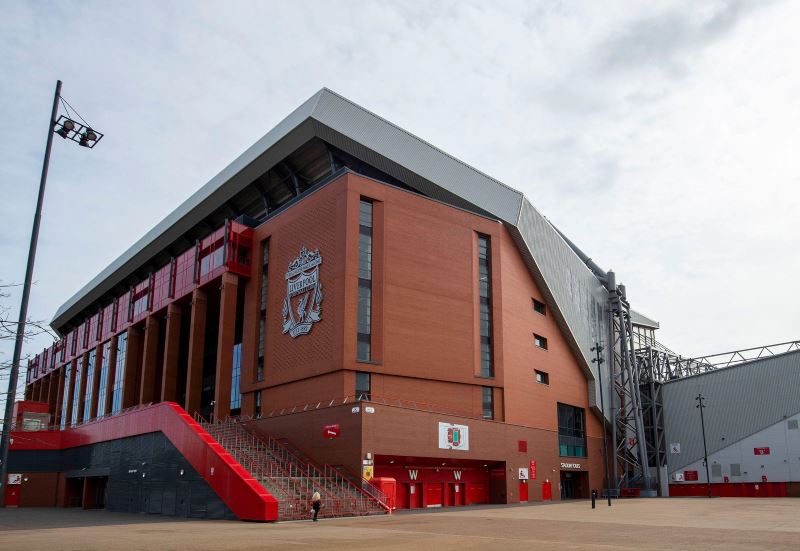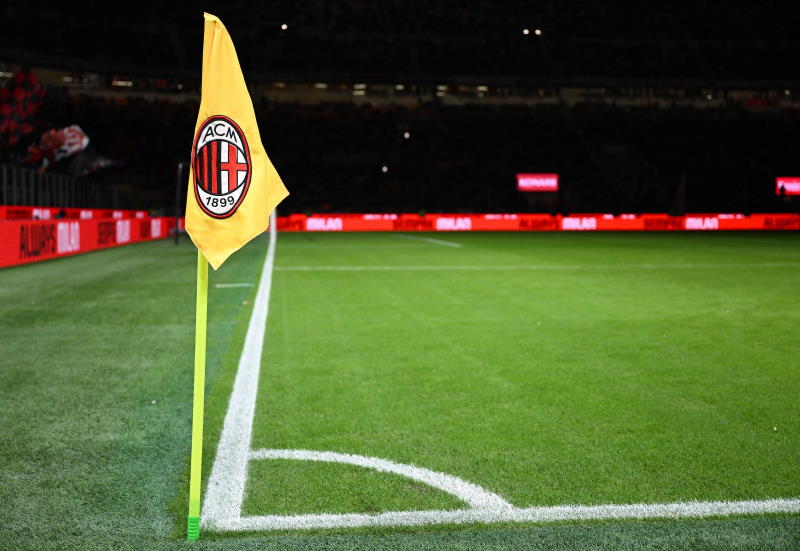
TS Kamali
“The Blue and White shirt is one of sympathy”, states the anthem of Olaria Atlético Club, the team in the north of Rio de Janeiro whose crowning glory is revealing the great Romário to the world of football. In the Carioca championship, the club plays its suburban games in the Mourão Vieira Filho Stadium, better known by the name of the road where it is, Bariri Street. Attendance at football matches has shrunk at clubs the size of Olaria Atlético Club. The average audience for last year’s Brazilian Serie A was 17,807 per game, yet Brazil has some of the biggest stadiums in the world, but on average only 20% of the capacity is reached.
So where have so many supporters disappeared to within Brazilian football?
The Bundesliga, Germany’s domestic league enjoys an average attendance of 40,775, the English Premier League 33,875, and Spain’s La Liga 29,029. The presence of the crowd is important to football. A "full house" encourages the players and creates a great atmosphere, so bringing the supporters back to the stadiums is imperative if the Brazilian game is to continue to flourish.
In general, the disappearance of match going fans stems from three factors: violence, competition from television and the flight of the Brazilian footballer to Europe – rising ticket prices may also be an issue, but so far there is little direct evidence to back up the assertion. In Europe, mainly because of violence, supporters stopped attending live matches. Today, European football boasts attendance averages higher than any other place on earth.
What did they do that could serve as a lesson to clubs in Brazil?
The problem of violence in England was more serious than in Brazil. A milestone occurred in 1989 in an FA Cup semi-final between Liverpool and Nottingham Forest in the city of Sheffield. Near the scheduled time for the beginning of the game, many fans were still outside the stadium. To help the flow of the crowd, police opened the access gates without monitoring the situation properly. There was crowding and those supporters in the front were pushed and pressed against the bars. Many managed to escape, but 96 Liverpool fans sadly died and 776 were injured. After the tragedy, the British Government decided to make changes and one of the most respected judges of law in the country, Peter Taylor, was appointed to conduct a study. The document, known as the Taylor Report, became the basis for the important changes that helped Britain improve and enhance the atmosphere in its football stadiums.
The Taylor Report has been the main inspiration behind the Brazilian authorities’ effort to reduce violence at football matches. The report has been adopted as a model for peace in the Sports Commission, created by the Ministries of Sports and Justice, and experts from various areas have met to review the situation of professional football and propose solutions. Several of the ideas contained in the Taylor document have been discussed, but instead of banishing the football “firms”, the Brazilian authorities began to register them.
The first resolution of the committee came into force during the Paulista Championship in 2007. Members of the organised football “firms” of São Paulo have photo identification cards with chip card technology that contains personal information. These members can only buy tickets with this identification. The other problem faced by the clubs, the supposed competition from TV, seems much easier to solve. The problems are the facilities, the environment and risks. Their stadiums must have good infrastructure, easy access by public transportation, sufficient parking for the supporters and, of course, security.
The main example of this new style of club administration are Spanish giants FC Barcelona. With the slogan "more than a club", the Catalans add an average of one thousand new members monthly. The club now has over 150,000 members. These members have the right to vote in elections and be kept advised on the team through newsletters by email and phone. Barcelona also offers the free seat program and a supporter that has season tickets, but can’t attend a certain match can call or send an email telling the club that his seat will be free. By doing so the club can release the seat to another registered club member, or outside ticket buyer, and as a reward the season ticket holder accumulates 50% of the value of the ticket as a credit. This prevents empty seats in the Camp Nou, which accommodates 98,000 fans and has an average attendance of 79,547 for the season just past.
In Brazil, Sport Club Internacional has a great scheme for its fans, and the Alma Colorada project, the club’s fan program, has created significant results. The club counts 44,000 members (in 2004 there were 11,000). All are guaranteed admission to the matches at the Beira-Rio. By introducing this program, the club now has some 30,000 fans enrolled in direct debit payment. Beyond the basic scheme, SC International promotes specials for members of the club. One contest allows members to travel with the team and sit and eat with a group of players. Besides the chance to accompany the team on an away game, the members also participate in other pairings. The members can visit the stadium and speak with the president, win a kit of their favourite player, and be elected to start the match. SC International’s goal is ambitious: to eventually have 100,000 registered members.
Brazilian football is on the rise and increased excitement in the domestic championship has been evident. But to truly reach its potential as the land of football, further changes must be brought about – and the signs are positive that they will be.













